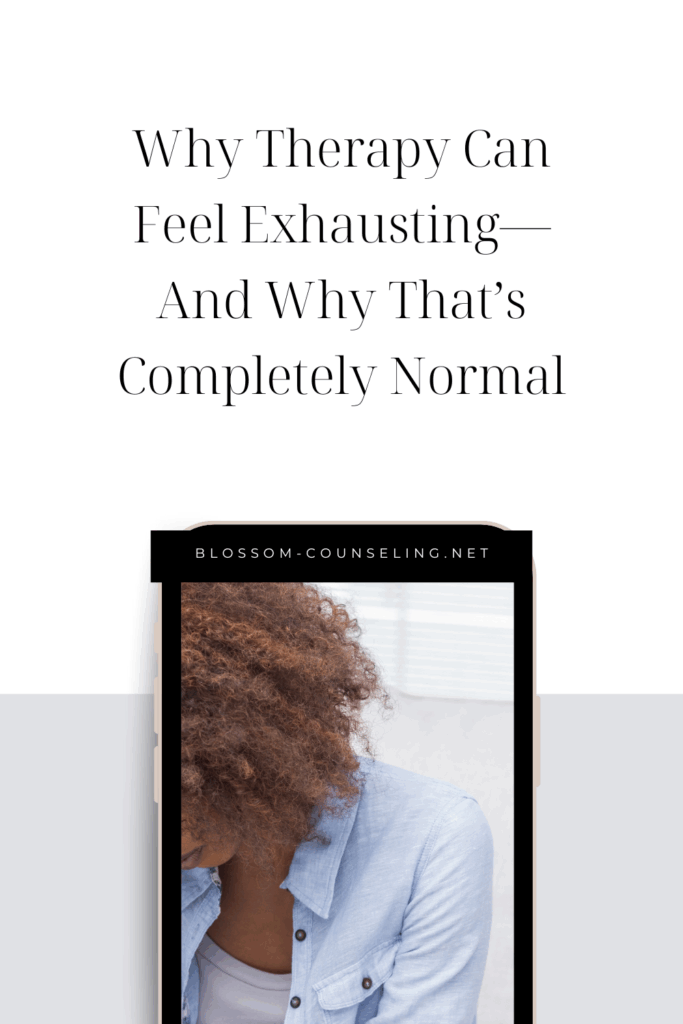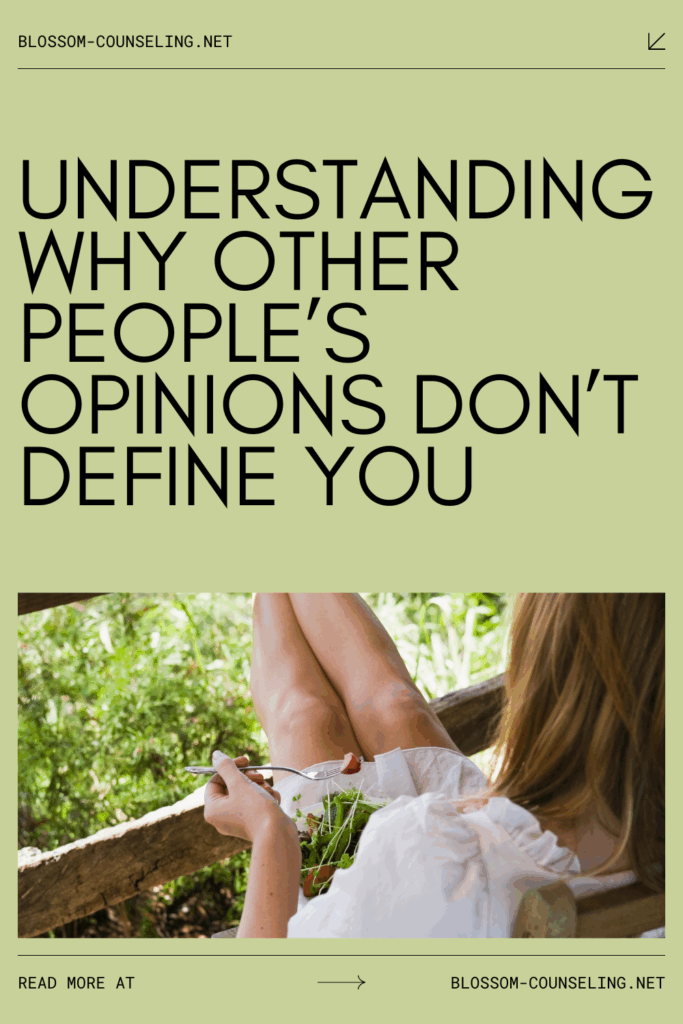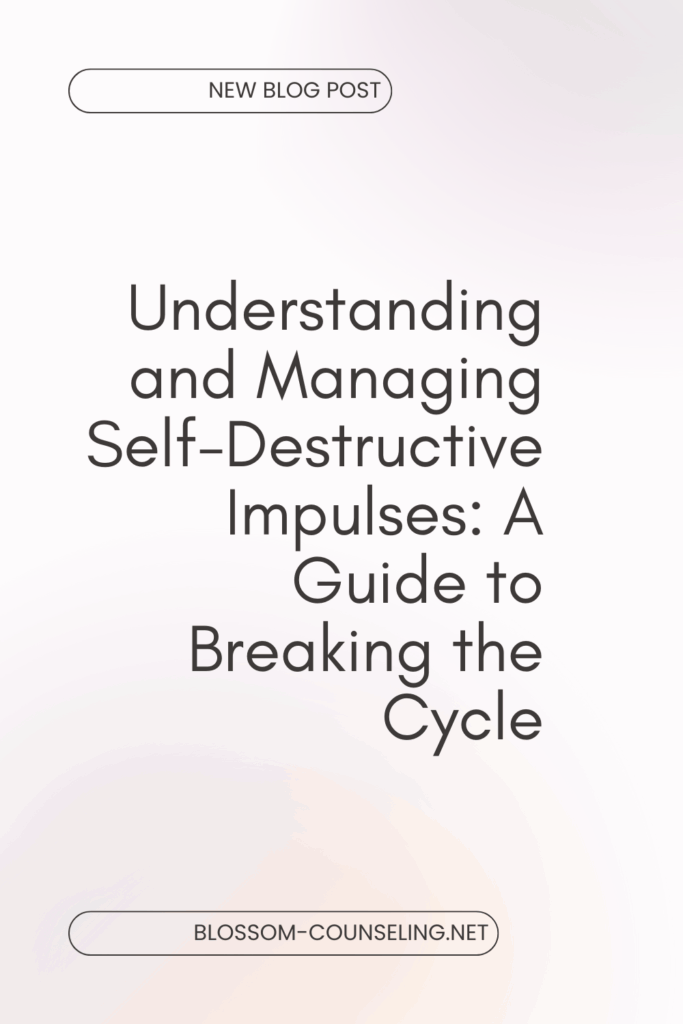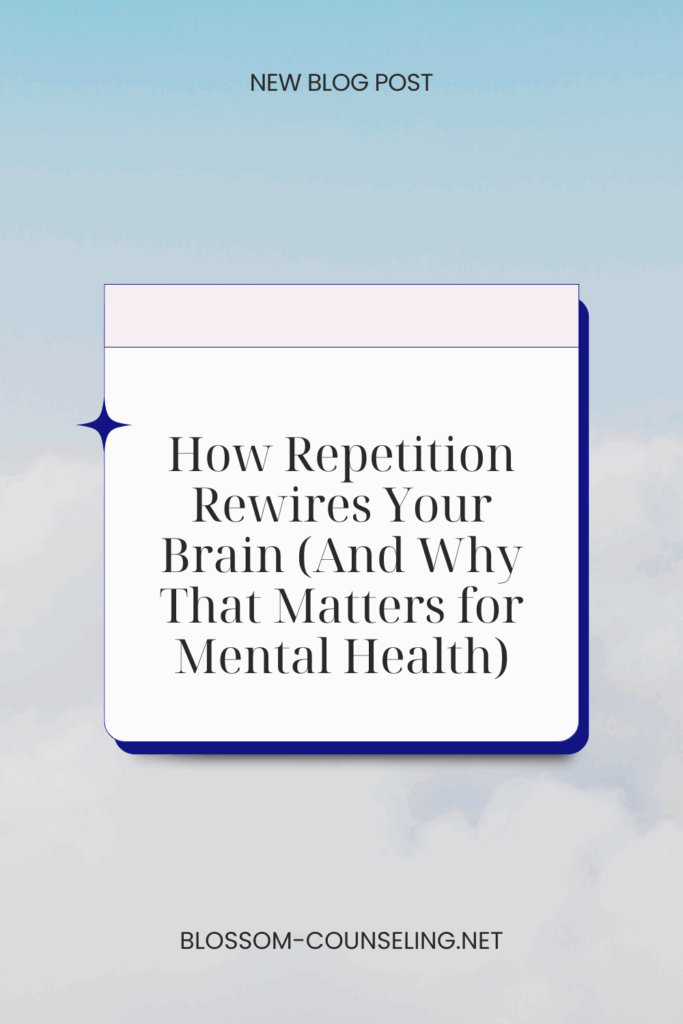Picture this: you’re lying in bed, unable to sleep, convinced tomorrow’s meeting is destined to be a disaster. You’ve imagined every possible way it could go wrong—your boss frowning, colleagues rolling their eyes, or your ideas being dismissed. Before you know it, you’ve already decided tomorrow is doomed, leaving you anxious and exhausted before the day even begins.
Sound familiar? If so, you might be caught in the cognitive distortion known as fortune telling. This sneaky little thought pattern tricks you into believing you can predict the future, usually in the most negative way possible. It convinces you to expect the worst outcome, and—even worse—believe it as absolute fact.
Fortune telling isn’t magic, of course—it’s a distorted way of thinking. While it feels intuitive (maybe you’re trying to prepare for the worst-case scenario), it’s actually setting you up for unnecessary stress, anxiety, and self-doubt. Let’s explore exactly how this distortion works, why it happens, and how you can gently redirect your thinking.
Fortune Telling: What’s Really Happening Here?
Fortune telling is one of several cognitive distortions, or thinking errors, that trick your mind into believing something that’s not entirely true. Unlike the mystical crystal-ball fortune teller at a fair, your mind doesn’t have special powers—but it sure likes to pretend it does!
When you engage in fortune telling, you jump to conclusions based on your fears rather than facts. Your mind creates detailed scenarios about how future events will unfold—usually negatively—and you convince yourself these scenarios are inevitable.
For instance, maybe you’re invited to a party. Instead of feeling excited, your thoughts immediately jump to, “I’ll feel awkward and won’t know anyone. I’ll embarrass myself and have an awful time.” You believe your prediction so strongly that it might lead you to decline the invitation altogether, missing a chance for fun and connection.
Why Do We Fortune Tell?
At its core, fortune telling stems from anxiety and a desire for control. Humans naturally crave certainty; it’s a way of protecting ourselves from the unknown. But when we’re feeling anxious or uncertain, our minds grasp for certainty—even if it’s negative. Predicting a negative outcome feels safer than uncertainty because at least you’re prepared for disappointment, right?
But here’s the kicker: Fortune telling often creates exactly what you’re trying to avoid. By expecting negative outcomes, you alter your behavior—maybe by withdrawing, being overly cautious, or becoming anxious—which can make negative outcomes more likely.
How to Break the Cycle
Fortunately, recognizing this distortion is the first (and most important!) step toward shifting it. Here are some helpful ways to loosen fortune telling’s grip:
Reality-check your predictions. Ask yourself: “What evidence do I have that this outcome will actually happen?” Often, you’ll discover your predictions are not supported by facts, only fears.
Focus on what’s within your control. You can’t control how others react or how the future unfolds, but you can influence how you respond. Shifting your energy to things you can influence helps reduce anxiety and feelings of helplessness.
Practice mindfulness and staying present. Notice when your thoughts leap to future predictions. Gently remind yourself to return to the present moment. Ground yourself with deep breaths, focus on your surroundings, and remind yourself that the future isn’t determined yet.
Replace predictions with possibilities. Instead of “I’ll definitely fail this interview,” try reframing it as, “I might feel nervous, but I’m prepared and can handle whatever happens.” By embracing a balanced perspective, you invite a healthier mindset.
Cognitive distortions, including fortune telling, are common—and you’re definitely not alone in experiencing them. Understanding them doesn’t mean you’ll never predict negative outcomes again, but it does mean you’ll recognize when you’re slipping into distorted thinking and have tools ready to help yourself reframe, reset, and reconnect to reality.
Remember: Your future isn’t set in stone, and there’s always room for hope, possibility, and unexpected joy.
Our team of compassionate therapists is here to help you find the support you need. We believe in a holistic approach, treating your mind, body, and spirit. With a blend of traditional and alternative therapies, we tailor your experience to meet your unique needs. At Blossom, we create a non-judgmental space where you can be your authentic self. Our goal is to empower you, amplify your strengths, and help you create lasting change. Together, we’ll navigate life’s challenges and help you bloom, grow, blossom! You deserve to become the best version of you.




